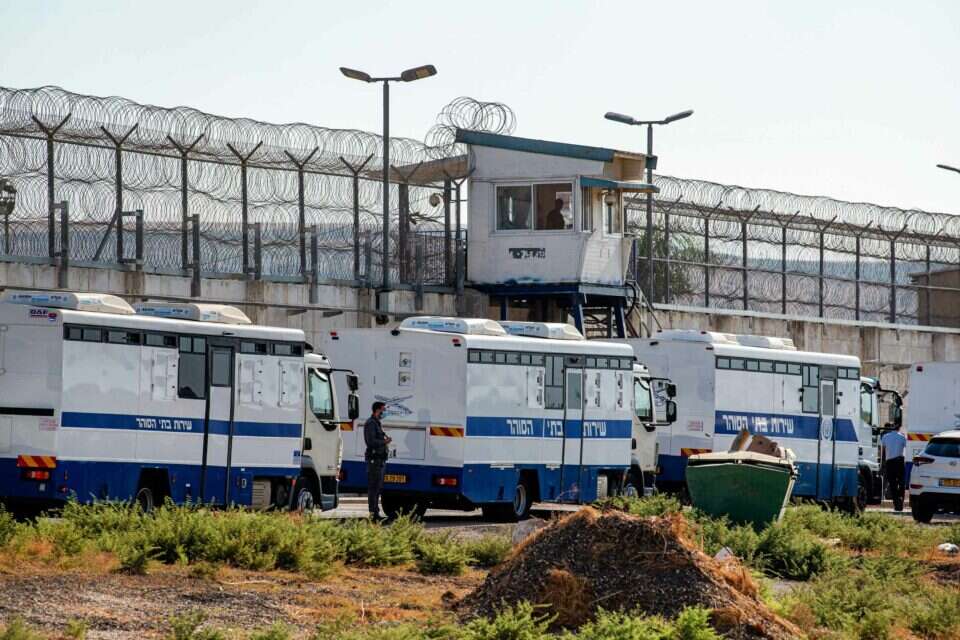The escape of the six security prisoners from Gilboa Prison again raises two questions: One, what is the range of responsibility required of commanders in organizational failure?
And second, is the fact that reforms are carried out in organizations only after a colossal crisis a fateful one?
The question of the responsibility required of commanders in hierarchical organizations is inherent in the set of obligations and requirements of those who hold senior positions.
However, it also raises the questions of where the responsibility in the organization begins and ends, and what is between professional responsibility and command responsibility and between personal responsibility and overall "ministerial" responsibility.
Photo: David Cohen Ginny
A distinction must be made between the concepts of taking responsibility and imposing responsibility.
Taking responsibility is a sociological concept that stems from several factors: the personality of the person who is supposed to take it, his leadership, organizational values, including personal example, organizational and social culture in the environment in which he operates, which differs from company to company and country to country.
Imposition of responsibility is a legal concept that requires a logical connection between the failure examined and officials in the chain of command in a hierarchical body, from small to large, and between the division of responsibilities between command officials and professional staff.
What is the role of each of these in the occurrence of the failure and what is the role of its non-prevention by virtue of its responsibility?
The tendency to immediately ask for the head of the head of the organization, while losing control of the volume button in the public debate taking place in the town square, may be natural but incorrect, and will usually not achieve the desired result.
True change and correction will be made as necessary also by imposing responsibility and drawing personal conclusions towards senior executives, but only after an inquiry requiring clarification and in-depth examination of the factual infrastructure.
Therefore, the decision to set up a government commission of inquiry is correct, and only it will give recommendations on who and to whom responsibility should be placed in the chain of command.
During my professional life, I have come to the sad conclusion that in order for an organization to undergo significant change in Israel, it needs a colossal crisis.
History shows that only such a crisis brings security, budgetary and political policy makers to discern what is the difference between a malfunction and a crisis, and between the need to stick a blockage and the obligation to carry out root canal treatment.
Changes and reforms in security bodies took place, unfortunately, only in strategic crises.
They took place in the IDF after the Yom Kippur War and after the Second Lebanon War, in the Shin Bet after the Line 300 affair and after the assassination of the late Prime Minister Yitzhak Rabin, in an institution after the failure of Lillehammer and the Khaled Mashaal affair in Jordan. A national heart, and this too only for the Carmel disaster in which 44 firefighters and IPS personnel and civilians perished.
It follows, therefore, that there are two organizations left in the organizational-security system that have not yet gone through a colossal crisis on the way to being able to receive national recognition of their importance - the Israel Police and the Prison Service.
There is no doubt that the incident that took place this week at Gilboa Prison is the one that will lead - following the findings of the commission of inquiry, if it makes a deep plowing - to the required change and recognition of the police's role in national resilience.
Following this understanding, it will also make the necessary organizational and budgetary changes.
The obvious question is: Why is it not possible to reform organizations before a crisis occurs but only after it, and does an organization need a crisis to get the change it needs?
The writer is a retired lieutenant colonel and former police commissioner.

